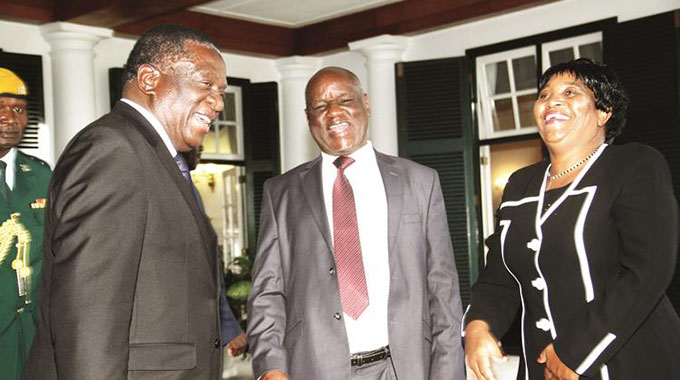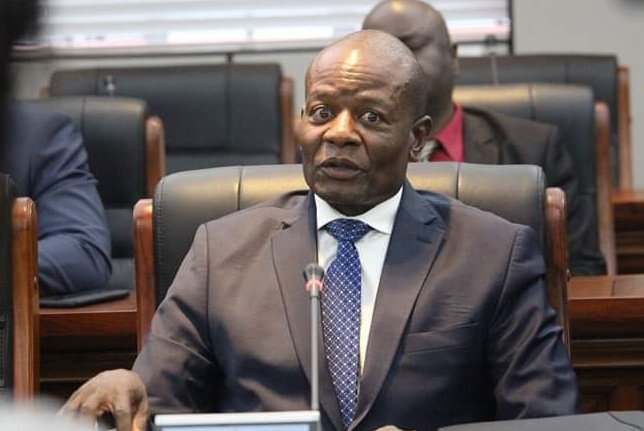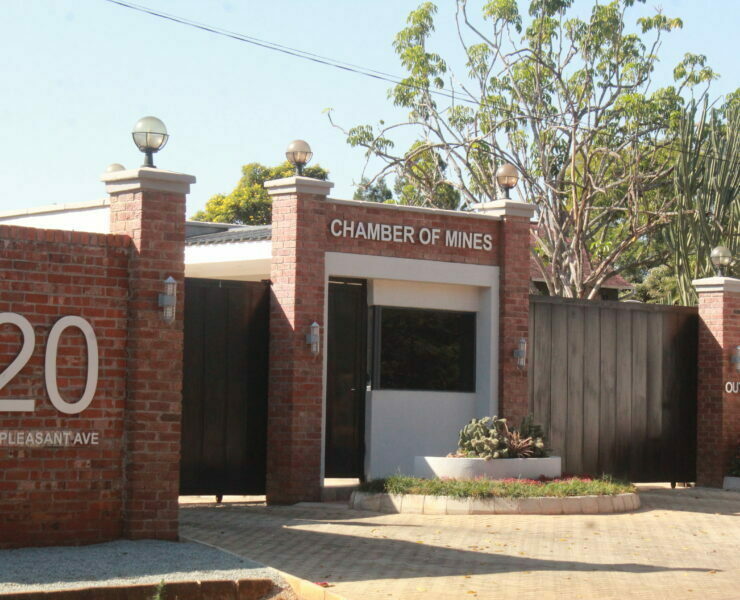HARARE – Zimbabwe’s Constitutional Court judges on Wednesday refused to recuse themselves in an urgent matter that will decide the fate of the embattled Chief Justice Luke Malaba – and their own retirement age.
A Zanu PF activist Marx Mupungu is challenging a ruling of the High Court that Malaba ceased to be a judge and Chief Justice when he turned 70 in May, and that a constitutional amendment rushed through parliament giving President Emmerson Mnangagwa sweeping new powers to extend the terms of superior court judges for a maximum five years past retirement age could not benefit incumbent judges.
Human Rights NGO Forum executive director Musa Kika had lodged an application for the recusal of the judges – who were all cited as respondents in the High Court case – arguing that they are conflicted and could not be judges in their own cause.
The application was dismissed by a Constitutional Court bench chaired by Deputy Chief Justice Elizabeth Gwaunza after several hours of arguments. The ruling cleared the way for the Mupungu application to be heard on its merits on Friday.
The court did not give reasons, but lawyers said it had created a “constitutional crisis.”
Lawyer Thompson Chengeta, who followed the televised proceedings, said: “The judges kept saying ‘you want an entire bench to be recused, yet there’s no existing law to allow for the appointment of acting judges, can’t you see what you are requesting is impractical?’
“If followed to its illogical conclusion, the reasoning of the Constitutional Court judges is that because there’s no laid down law or procedure for their replacement if they recuse themselves, then they should be allowed to sit in a matter where they have interests. That’s the definition of a constitutional crisis.”
Professor Lovemore Madhuku is representing Mupungu.
In his application, Kika argued that the High Court ruling handed down on May 15, 2021, by a three-judge panel affected the same judges who are set to make a determination on Mupungu’s application at the Constitutional Court.
Kika argued: “This is an application made in terms of section 85(1) of the Constitution of Zimbabwe for the recusal of the cited honourable judges being second to 17th respondents and of Luke Malaba (the first respondent), in the event that he is found to still be the Chief Justice of Zimbabwe, from hearing the matter under case number CCZ13/21 as that would infringe the applicant’s right to a fair hearing as provided by section 69 of the Constitution of Zimbabwe.”
Zimbabwe’s judiciary was plunged into crisis by the May ruling by Justices Happias Zhou, Edith Mushore and Jester Charewa.
The three judges ruled that a constitutional amendment could not benefit an incumbent public official, and President Emmerson Mnangagwa’s move to extend Malaba’s term past retirement age was invalid.
The High Court ruling also has a bearing on the other 17 judges, who were cited as respondents, as they also stand to benefit by having their terms extended past the retirement age of 70.
The Judicial Service Commission and the Justice Minister appealed the ruling at the Supreme Court. Malaba returned to office, arguing that the appeals suspended the High Court order.
Before the Supreme Court could hear the matter, Mupungu – through Madhuku – approached the Constitutional Court challenging the High Court ruling.
Mupungu argues that there should be no doubt among citizens as to who the Chief Justice is at any one time, and where some doubt is cast by a lower court, as is the case now, the Constitutional Court, on application, must swiftly put finality to issues being raised.
He also argues that Mnangagwa’s conduct was constitutionally valid and that his application is of extreme urgency as the issues raised are of immense public importance requiring an authoritative determination by the highest court.
















